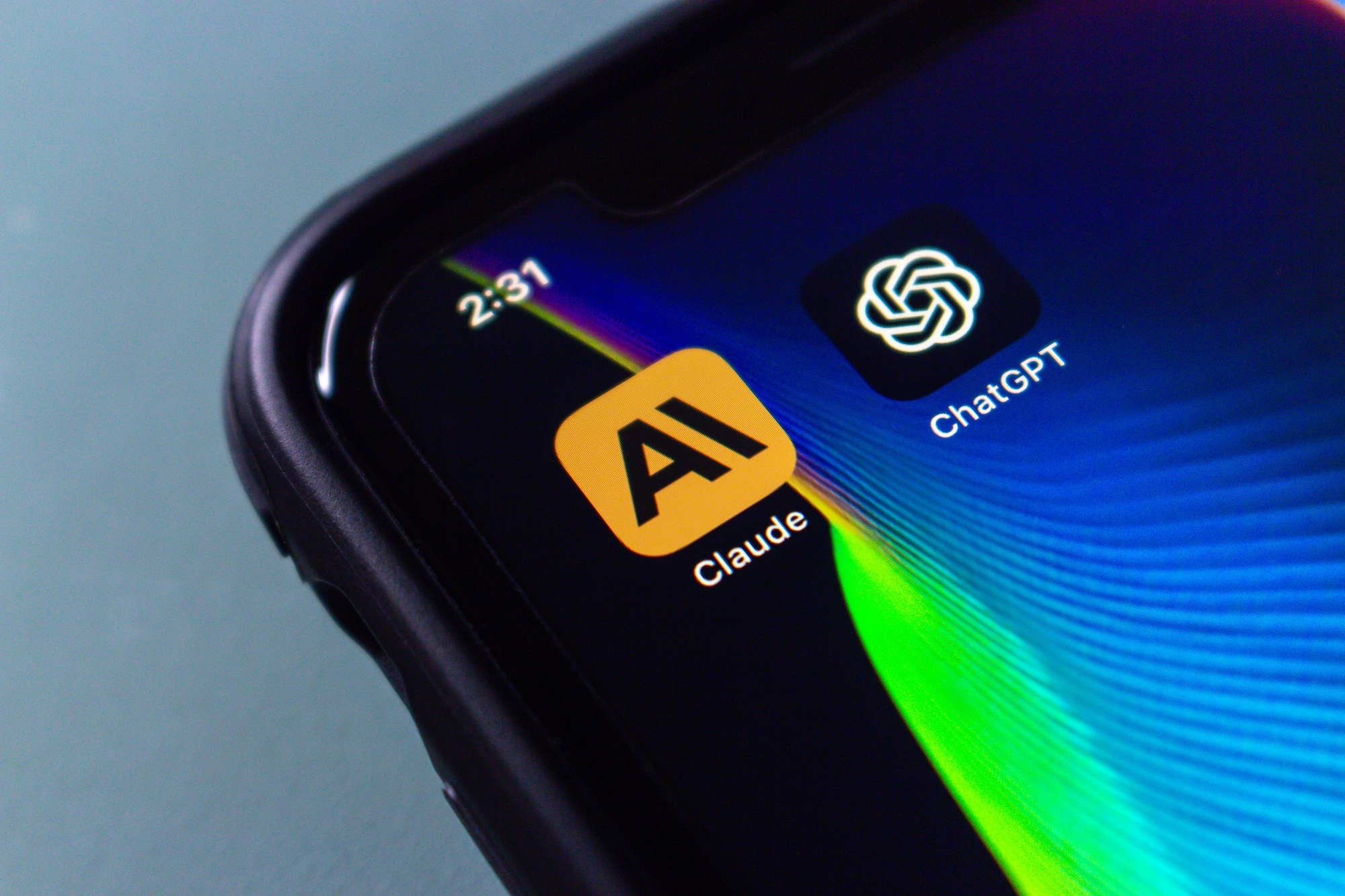Claude Instant AI Chatbot Outperforms Competitors with 100k Tokens
Core Concepts
Anthropic's Claude-instant-100k surpasses leading AI chatbots in performance due to its 100,000 token input capacity.
Abstract
Anthropic's latest version of Claude, the Claude-instant-100k AI chatbot, stands out by accepting 100,000 tokens for analysis tasks, exceeding competitors like ChatGPT, Bing AI, and Google Bard. The comparison reveals that Claude-instant-100k completes tasks faster and more accurately than other leading AI chatbots across various scenarios involving editing lists, summarizing texts, and debugging code.
Claude Instant With 100k Tokens Outperforms Leading Generative AI Chatbots
Stats
OpenAI’s GPT-4 model offers 8,000 context tokens.
Bing AI accepts up to 4,000 characters but accurately processed 40,400 characters.
Google Bard allows up to 10,000 characters.
Claude-instant-100k accepts three times more input than GPT-4 model.
Quotes
"Claude-instant-100k completed the task with the most accuracy and speed."
"Ultimately, Claude-instant-100k outperformed its competitors in various everyday tasks."
Key Insights Distilled From
by Kristi Hines at www.searchenginejournal.... 06-03-2023
https://www.searchenginejournal.com/claude-instant-100k/488397/
Deeper Inquiries
How does the pricing structure of Anthropic's Claude compare to other premium AI chatbots?
Anthropic's Claude offers a pricing structure that is comparable to other premium AI chatbots like ChatGPT+. Users can access Claude-instant-100k on a desktop browser for $19.99 monthly, which aligns with the subscription pricing for ChatGPT+ users. This makes it an attractive option for those looking to leverage advanced generative AI capabilities without breaking the bank.
What potential limitations or drawbacks could arise from using an AI chatbot with such high input capacity?
While having a high input capacity like 100,000 tokens in Anthropic's Claude-instant-100k opens up possibilities for analyzing and performing tasks on lengthy excerpts, there are potential limitations and drawbacks to consider. One key drawback could be the risk of information overload or loss of context when dealing with extremely large inputs. The sheer volume of data may lead to inaccuracies or misinterpretations by the AI model, impacting the quality of outputs generated. Additionally, processing such large amounts of data may require significant computational resources and time, potentially leading to slower response times or increased latency in task completion.
How might the superior performance of Claude impact future developments in generative AI technology?
The superior performance demonstrated by Anthropic's Claude compared to its competitors in tasks like editing lists, summarizing documents, and debugging code showcases its advanced capabilities in handling complex tasks accurately and efficiently. This success could influence future developments in generative AI technology by setting a new standard for performance benchmarks within the industry. Other companies working on similar technologies may be motivated to enhance their models' input capacities and accuracy levels to match or surpass what Claude has achieved. This healthy competition could drive innovation and push boundaries in developing more sophisticated AI systems capable of handling diverse tasks across various domains effectively.
0
